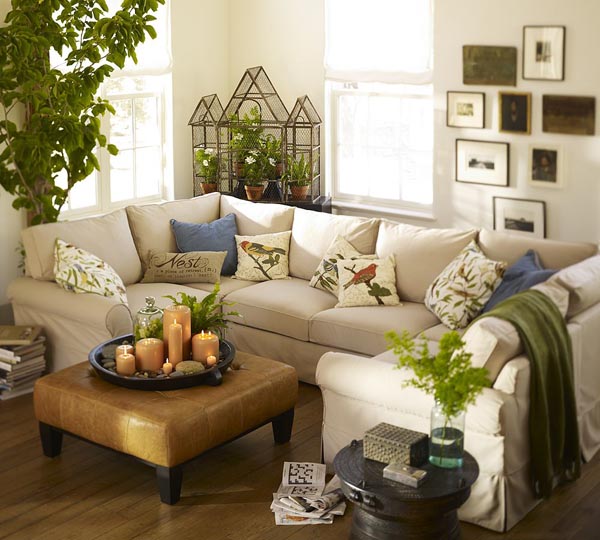It is difficult to make a home equally safe for all occupants, especially if there is a wide range of age, knowledge, and ability among the occupants. The person who is most mature, knowledgeable, and strongest will be safer as they will be able to avoid most dangers and get away safely when danger strikes.
But to be considered safe, a home must be just as safe for the very young, the very old, the disabled, and the teenager: a type of critter not usually known for good decision making.
The job is considerably easier if you are a responsible person who lives alone. You know if you turned off the stove, or locked the doors, or closed the windows. You can make a set of rules and best practices that work well for you without anyone else to mess them up.
However, the moment you add another person to your domestic life, security challenges are more than doubled, and uncertainty is the order of the day. So whether you live alone, or are just one in a large family, here are a few ways to keep everyone safe and sound:
1. A Home Security System
It is surprising how many homes there are without any type of protection beyond a few locks and deadbolts. Today’s home security systems are extremely affordable, easy to install even in apartments, and are easy to operate without unnecessary complexity.
Even if you have other lines of security in place, a home security system is table stakes. Other measures are there to augment the security system, not replace it. By now, it is a well-known and undisputed fact that burglars avoid houses with security systems. It remains the best first line of defense.
2. Health and Safety
Some words just seem to naturally go together. Health and safety are two such words. Yet all too often, they get disconnected when it comes to the home.
One of the many reasons to keep your home clean is the fact that cleaner is safer. Germs pose a real health hazard to all occupants. When one person gets sick, the whole household tends to go down. This is even more true for family members.
Many of those sicknesses originate from outside the home in places such as school and work. They are brought into the home and left on doorknobs, remote controls, and a whole host of surfaces you may not think to clean every day.
Cleaning is not just about the surfaces you can touch, but the air that you breathe. If someone in your home tends to get all stuffy at home but not elsewhere, you very likely need an air purifier. You probably don’t have to get rid of the cat. The problem is in the air all around you. Fix that, and you will have a healthier, safer home for everyone.
3. Fire Prevention
Those brave men and women in the nearly 30,000 fire departments across the US are kept busy doing something. And too much of that something is putting out house fires. There are between 350,000 and 400,000 house fires every year. The biggest culprit is cooking-related mishaps.
One of the things you can do about it is to make sure your next appliance purchase is a smart stove that allows you to check whether you left it on, and do something about it from anywhere in the world.
You will also want to be sure to keep fresh batteries in your smoke detector. Finally, make sure your next home has sprinklers or some other type of fire-suppression system. The best fires are the ones that are already extinguished by the time the fire truck gets there.
4. Computer Safety
No matter how good the lock on your door is, your home is not safe unless your computer is equally locked down. A burglar can break into your home and take your stuff. But a hacker can enter your computer and steal your identity, leaving you financially ruined in a way that insurance doesn’t cover. Protect your digital home with better passwords, biometrics, and best practices on the web.
Make your home a safer sanctuary by adding a security system, healthier habits, better fire alert and management, and increased computer safety. You are left most vulnerable by the things you don’t think about.

